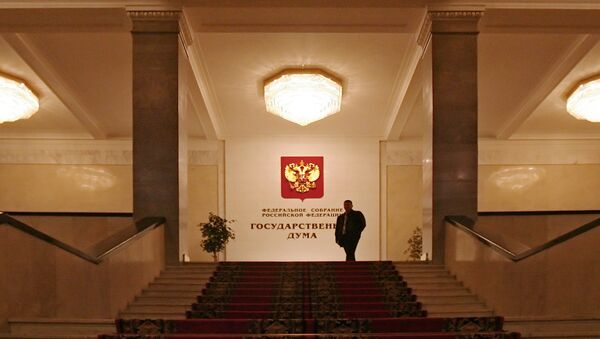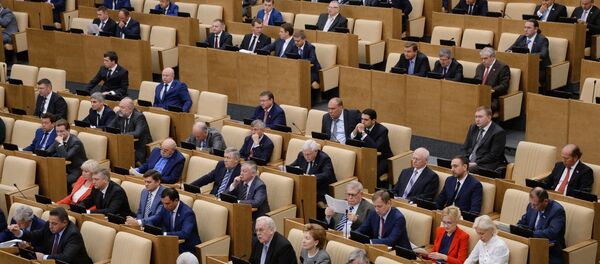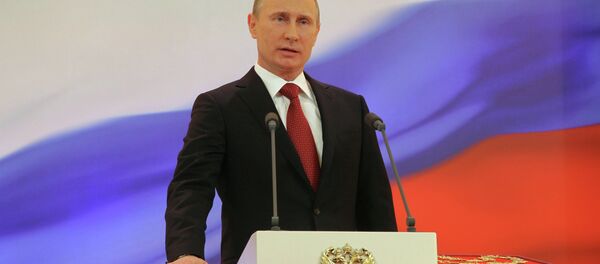Committee Head Vladimir Pligin stated on Thursday that "as part of the Duma's report on the development of legislation in the year 2015, we will analyze the international treaties of the Russian Federation and the whole of its international legal and regulatory material."
Earlier in the day, Alexander Bastrykhin, Head of Russia's Investigative Committee, which serves as the country's main federal investigative authority, stated that the primacy of international law in the constitution amounts to the "sabotage" of Russia's legal system. Speaking before his Committee colleagues, Bastrykhin argued that "other countries have more flexible mechanisms," and that the present law favors Russia's geopolitical opponents. The official proposed that altering the constitution to remove the primacy of international law would "strengthen the independence of the Russian Federation in the legal sphere."
At present, Article 15, Part 4 of the Russian constitution states that "the universally-recognized norms of international law and international treaties and agreements of the Russian Federation shall be a component part of its legal system. If an international treaty or agreement of the Russian Federation fixes other rules than those envisaged by law, the rules of the international agreement shall be applied."
But other experts, politicians and public figures, including United Russia Duma deputy Yevgeni Fedorov, have long argued that the present constitution works to undermine the country's sovereignty.
Those supporting the changes note that the current law was adopted in December 1993, when the country was heavily dependent on Western aid and balanced on the brink of civil war. They argue that the present constitution, drawn up following the collapse of the Soviet Union, formalized the country's defeat in the Cold War. They have pointed to the fact that Germany, Italy and Japan, countries which suffered defeat in the Second World War, have similarly intrusive provisions in their constitutions. In the US, Britain, and France, on the other hand, conflicts between domestic and international laws are resolved with domestic statutes and precedents taking precedence. Proponents for revising the law argue that it would allow Russia to fully regain its status as a great power.





